I will not call them protesters
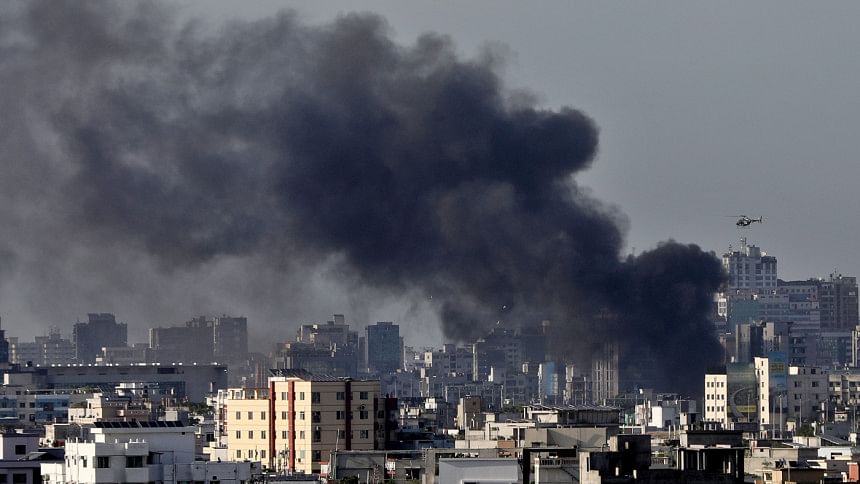
Starting with Bangladesh Chhatra League's mindless attack on the peaceful movement by student protesters at Dhaka University on July 15, clashes took place almost every day the following week, not just on campuses but throughout the country.
At first, it was devastating to see the sheer brutality law enforcers and ruling party activists unleashed upon young students of Dhaka University, Jahangirnagar University, Rajshahi University, Barishal University, Begum Rokeya University, Brac University, and several other educational institutions. At one point, however, it was visually apparent that there were hardly any students involved in the mayhem.
When government establishments, like the Setu Bhaban and the Department of Disaster Management building, adjacent to which was a crucial data centre, were tactically burned down, it was again evident that the peaceful protesters who were demanding their rights did not carry out those arson attacks.
One could easily tell that the incendiarism involved long-term planning and supply of materials including gunpowder and other flammables. When the Narsingdi jail vandalism occurred, resulting in the jailbreak of over 800 convicts and the looting of hundreds of weapons, it was further proof that outside elements infiltrated the initial peaceful movement for equality. The infiltrators were handed the opportunity on a silver platter the moment BCL ensured that violence took over the movement.
I have since then been refusing to use the term "protester" whenever clashes occurred between groups of cops or ruling party men and, what can only be called, "rioters".
Myriad rumours are flying about—those involved in the current unrest are "Jamaat-Shibir men", they are "people of low-income groups that were hired as vandals and goons", they are "BNP men", they are this and they are that. Perhaps one of those rumours may even be true.
However, what they are not is "protesters".
Abu Sayed was a protester.
The lone breadwinner of a poor family, with aging parents and a younger sister, he took to the streets as a student at Rangpur's Begum Rokeya University for his right to a fair chance in getting a government job. He faced the police, who attacked the students indiscriminately and was shot for it, armed with nothing but sheer courage.
He was a true protester.
The girls and boys who were beaten mercilessly on the DU campus for protesting with no intent of violence, stopped only by BCL's "befitting reply", are true protesters.
The many, many who died in police firing and ruthless attacks just for having a voice, just for wanting a chance at equality—they are the true protesters.
The word protester, to me, is a powerful one. Every triumph of a nation came from rigorous and logical protests by humans asking for their rights. It was the protesters who ensured our right to speak in our mother language; it was them who led the country to its liberation. It was protesters of garment factories who asked for better wages. It was protesters who demanded road safety. It was protesters who asked for reform in the discriminatory quota system. And if we use that word so callously on the wrong kind of people, we undermine every protest and every triumph they brought.
Since the first quota reform movement and the road safety protest, which was organised mostly by middle and high school children, in 2018, the words "student" and "protester" have become almost synonymous for people of this generation, not unlike back in 1952.
In 2018 too, the road safety movement was foiled first by Chhatra League men, and then "vested quarters" who infiltrated the movement for their own separate agenda. Notice the trend?
The infiltrators then were also, at times, termed "andolonkari (protesters)", like they are now.
To me, being a protester comes with a responsibility towards the future of a country, but if you are hellbent on ruining that country, you are anything but a protester demanding rights. You are then only a rioter, a criminal, a saboteur.
I refuse to call these people—the rioters, the infiltrators that shamelessly take advantage of logical movements—protesters.
I shall not give them the same respect that is given to Abu Sayed.
Naziba Basher is a journalist at The Daily Star.
Views expressed in this article are the author's own.
Follow The Daily Star Opinion on Facebook for the latest opinions, commentaries and analyses by experts and professionals. To contribute your article or letter to The Daily Star Opinion, see our guidelines for submission.

 For all latest news, follow The Daily Star's Google News channel.
For all latest news, follow The Daily Star's Google News channel. 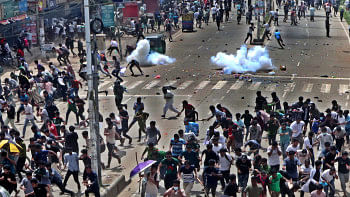
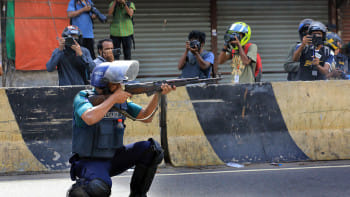



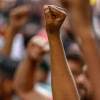
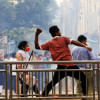
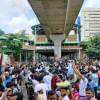
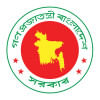


Comments